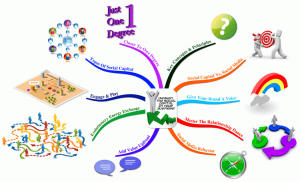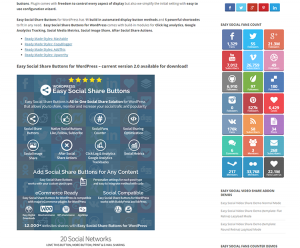By Victoria Repa
As a business leader, there is one strategy I always follow whenever my company enters a period of crisis and instability. And no, it has nothing to do with business analytics or metrics.
Instead, I start investing more energy in maintaining my physical and mental well-being: meditations, physical exercise, and breathing techniques. As the CEO of the health and wellness platform BetterMe and a certified health coach, I can see how my stress instantly projects on them, leading to more chaos and instability.
My company has had its fair share of instability in recent years. We felt the impact of the COVID-19 pandemic, a global issue affecting every business. But since BetterMe is headquartered in Ukraine, a full-scale war added even more to our plate.
People are the key
I realized there is no “getting back to normal,” only moving forward. The key to growing despite crises? The people.
Unfortunately, global crises are taking a toll on all workforce, from CEOs to employees. Asana surveyed 10,000 knowledge workers from seven countries, finding that 70% experienced burnout last year. At the same time, 40% believe achieving success without burning out is impossible.
However, employees remain a crucial resource and energy-driver amidst any instability. So, how can leaders utilize the power of the people they lead to get through tough times?
Since the full-scale invasion of Ukraine, I used that model to update my role from CEO to chief energy officer. My leadership style evolved with this change. My job now focuses on managing the company’s energy, reducing fear, and boosting positive motivation.
I ensure my team always realizes this clear goal ahead of us: We work for the people. This motivation helped the company achieve yearly growth despite the full-scale war in Ukraine.
Being a certified health coach and a 10-year devotee of Eastern practices and fitness, I’ve incorporated this knowledge into my leadership. Continuous stress management and mindfulness are as important on my personal and team’s agendas. I initiated monthly classes for my team on topics of physical and mental well-being to share knowledge, foster bonds, and contribute to their overall energy level.
Before I dive into my workday, I always carve out precious time for myself. This personal time is crucial for setting a positive tone for the entire day. Engaging in physical fitness is a daily priority for me, complemented by a spiritual practice that includes deep breathing and guided meditation.
Stress can cloud judgment and hinder creativity, so prioritizing well-being through healthy nutrition, regular exercise, and mindfulness is essential. This approach allows me to tap into my energy reserves and approach every situation with focus.
Most importantly, as a leader, remain grateful for your team undergoing this crisis. Satya Nadella, chairman and CEO of Microsoft, reminds us all of that. When the scandal around Sam Altman and the OpenAI board unfolded, Nadella tweeted, thanking all his employees: “At the end of the day, the greatest privilege of my job is working with people who are driven by mission.”
He teaches an essential lesson to all of us. As chaos rages on, leaders must focus on what’s most important—the people.
Victoria Repa is founder and CEO of BetterMe.
(9)










